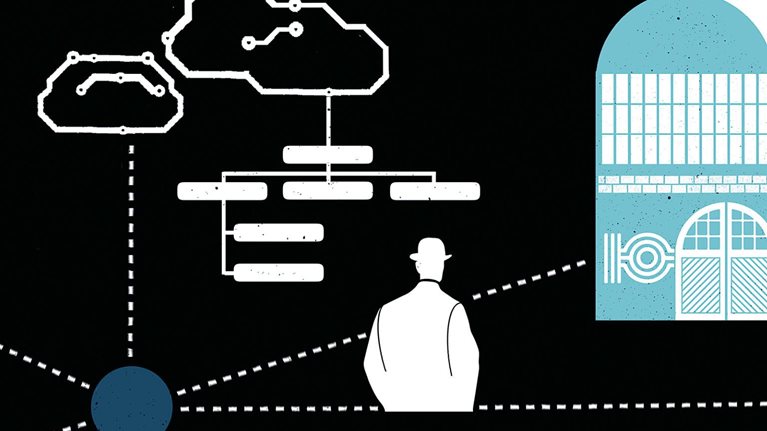Searching the Internet has become an almost reflexive act. Each day, tens of millions of global citizens fire up their personal computers and handheld devices to troll for information on products or to glean insights that will help guide business decisions. Yet the economic value of this enormous current of search activity remains largely unknown. Current estimates rely mainly on brute measures, such as the number of searches performed or advertising revenues reported by search companies themselves. These estimates fail to take account of how trillions of clicks combine to boost productivity, open new pathways to problem solving, or simply make life easier.
A new McKinsey study, The impact of Internet technologies: Search, takes a more comprehensive view of this phenomenon and its rising value. We looked at five key developed and developing economies—Brazil, France, Germany, India, and the United States—indentifying nine activities that are primary sources of search value, as well as 11 private, public, and individual constituencies that reap the benefits.1 Among the key findings:
Using country-level analysis as a base, we estimated that the total gross value of Internet search across the global economy was $780 billion in 2009, equivalent to the GDP of the Netherlands or Turkey. By this estimate, each search is worth about $0.50.
Of that value, $540 billion—69 percent of the total and 25 times the annual value added (profits) of search companies—flowed directly to global GDP, chiefly in the form of e-commerce, advertising revenues, and higher corporate productivity. Search accounted for 1.2 percent of US and for 0.5 percent of India’s GDP.
The remaining $240 billion (31 percent) does not show up in GDP statistics. It is captured by individuals rather than companies, in the form of consumer surplus, and arises from unmeasured benefits, such as lower prices, convenience, and the time saved by swift access to information. We estimate those benefits at $20 a month for consumers in France, Germany, and the United States and at $2 to $5 a month for their counterparts in Brazil and India.
Among retailers, the value of search in 2009 equaled 2 percent of total annual revenues in developed nations and 1 percent in developing ones. That value stemmed directly from online shopping, as well as from online research that led to an in-store sale. US retailers saw as much as $67 billion in search-related revenues, Brazil’s retailers as much as $2.4 billion.
In the five countries we studied, knowledge workers experienced search-related productivity gains of up to $117 billion, flowing from faster and more accurate access to information.
Our research also identified emerging sources of search-related value. One is the rise of new niche (or “long tail”) retailing, as search techniques help consumers access ever-narrower product segments. Another is new business models, such as those keyed to the needs of consumers who search via mobile devices.


